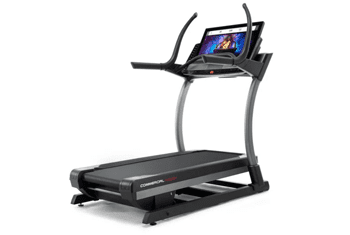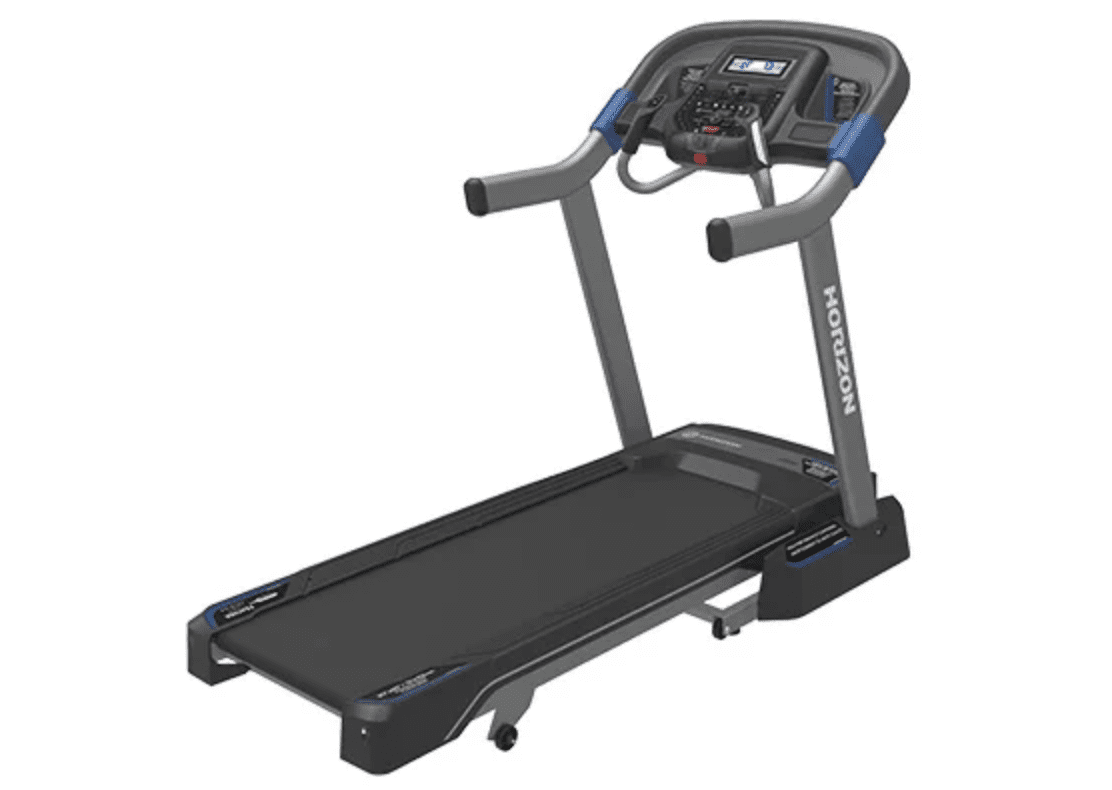Table of Contents
DASH Your Way to a Healthy Heart
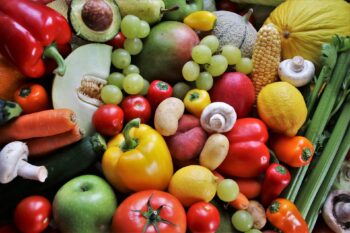
How?
Eat your fruits and veggies!
We talk a lot about exercise and the benefits for your heart and cardiovascular system. But what you put into your body is just as important as what you do with it.
A study published in the Annals of Internal Medicine compared data on individuals that followed a diet that included lots of fruits and vegetables, including those following a DASH diet, against a typical American diet.
What Is A DASH Diet?
DASH stands for Dietary Approaches to Stop Hypertension. It is rich in fruits, vegetables, whole grains and low-fat dairy. It also emphasizes foods that are lower in sodium, but pack lots of potassium, magnesium and calcium.
The DASH diet is recommended by the National Heart, Lung and Blood Institute because it was designed to lower and prevent high blood pressure without medication.
This is the key portion that ties into your heart. Lower blood pressure means less stress on you heart and relieves risk of heart attack.
If you follow the DASH diet, you can actually lower your blood pressure by a few point in just two weeks. That’s not all though. It is also in line with a diet that helps to prevent osteoporosis, stroke, cancer, diabetes and heart disease.
One thing that’s great to remember is that the DASH diet isn’t a diet in the sense that makes you say, “NOPE”. It’s not about losing weight, it’s about your health. It’s about improving your health and setting yourself up for heart health for life.
The biggest take away is the focus on fruits and vegetables.
How Much Good Does This Actually Do?
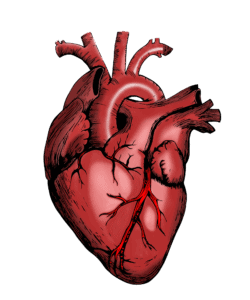
The study, led by Dr. Stephen P. Juraschek, instructor of medicine at Harvard School of Medicine, wanted to use this study to see what you need to eat to have the most heart health benefits.
“One of the questions that has frequently been asked over the years about DASH is, ‘What is the silver bullet or the secret in the sauce?’ The vegetable diet and the DASH diet both share potassium, magnesium and fiber. Those are the three that stand out”, he says.
The findings show that eating more fruits and vegetables is definitely beneficial, but specifically those that are dark in color.
Delivery Is Key
A second part of the findings from this study is one that we don’t think about much. We live in a world where you can get nutrients and vitamins from food…but there’s also those handy vitamins.
However, those two things aren’t the same. How you get the nutrients and vitamins into your body has an effect on your heart health as well.
According to Dr. Elizabeth Klodas, a cardiologist and chief medical officer at Step One Foods, tells us what we need to know about how we get what we need.
“If you isolate the vitamins from blueberries, for example, and put them in a pill, it won’t be the same as getting the exact same amount of vitamin C from a bowl of blueberries,” she explained. “There’s something about the delivery vehicle where your body knows exactly what to do with the nutrients.”
This is really good to know, and she sums it up in one really simple statement. “While drugs and medications are necessary for certain conditions, good nutrition starts with what’s on your dinner plate.”
Get Started with Your Own DASH Diet
Changing your diet can be a big step for anyone, it can seem very overwhelming. However, as with anything that seems overwhelming, the key is baby steps.
You don’t have to completely revamp your diet in addition to adding in a crazy workout routine to improve your health. What you put into your body really is important and you don’t have to change everything at one time.
When it comes to your diet, small changes can really add up. A great example is one soda a day. It doesn’t seem like much but that adds up to 30 cases of soda a year. When it’s all together, think about how much space that takes up.
When you look at it that way, do you really want to drink all that soda?
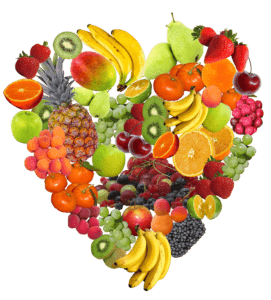
Thanks to the results of this study, if you’re wanting to ensure your heart health as much as possible go for the fruits and veggies. They pack a serious punch when it comes to those nutrients that really help you out.
As it turns out, it’s not just the apple that “keeps the doctor away”. It’s all the fruits and veggies.
So, when you head to the fridge for a snack next time…apple (or carrots), not chips.
Sources:
https://www.healthline.com/health-news/diet-rich-in-fruits-vegetables-improve-heart-health#Delivery-system-is-important Afternoon distraction: a high-saturated-fat meal and endotoxemia impact postmeal attention in a randomized crossover trial: Annelise A Madison, Martha A Belury, Rebecca Andridge, M Rosie Shrout, Megan E Renna, William B Malarkey, Michael T Bailey, Janice K Kiecolt-Glaser; The American Journal of Nutrition; 2020
https://www.healthline.com/health-news/diet-rich-in-fruits-vegetables-improve-heart-health 8 Weeks of a Diet Rich in Fruits and Vegetables Can Improve Heart Health: Dan Gray; 2020

